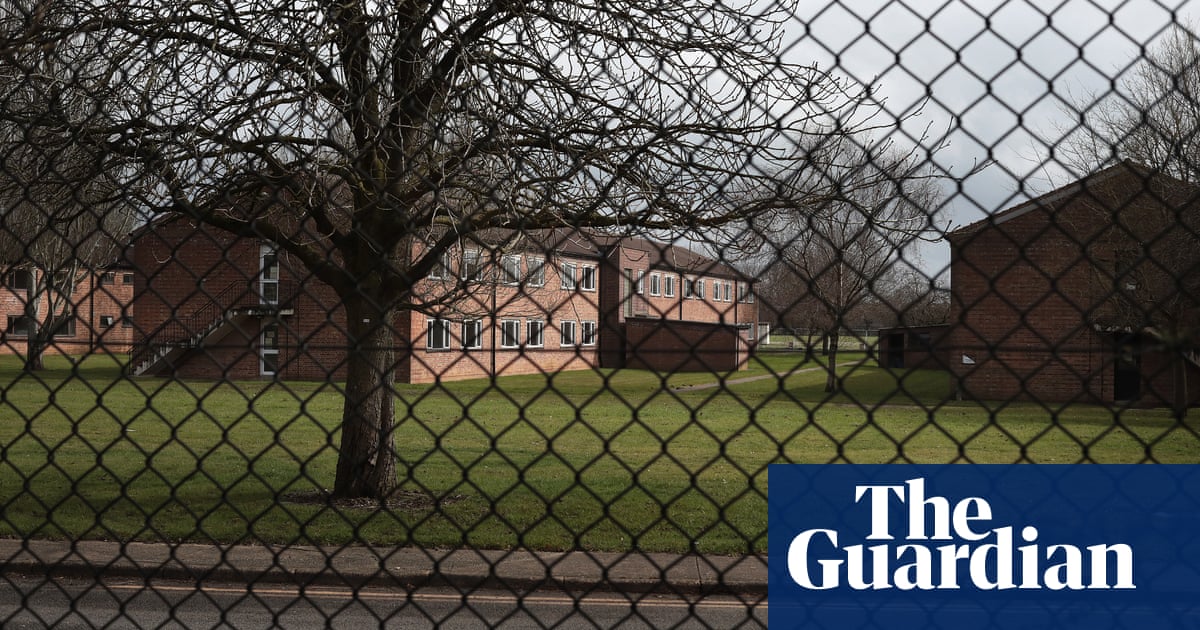
Ministers are split over a bailout package for universities, as vice-chancellors warn of bankruptcies in the Midlands and north of England and new figures reinforce fears that international students will avoid the UK during the coronavirus outbreak.
Discussions over extra support are said to have run into an impasse between the Treasury, led by the chancellor Rishi Sunak, and the Department for Education. The education secretary, Gavin Williamson, is arguing for a stabilisation package that would offset the enormous losses that universities face from international tuition fees as well as falling revenue from other sources, estimated at more than £2bn next year.
Despite the looming losses, the Treasury is said to be resisting efforts to directly support universities, with the Financial Times reporting that the Treasury “was not receptive to what it sees as special pleading”.
Bolton, Sunderland and Wolverhampton universities were identified as among the most financially vulnerable. “These universities are major employers in their regions, and all train nurses and other healthcare professionals – do we really want them to go to the brink of bankruptcy?” asked one university leader.
But the DfE is pushing universities in England to accept controls on new student numbers, and for making support conditional on shrinking “low-quality” courses, such as those whose graduates go on to earn well below sector averages.
Universities UK – the sector’s umbrella group – is asking the government to frontload promised increases in research funding, to compensate for the loss of other revenue and cross-subsidies.
University leaders with knowledge of the negotiations say the DfE is championing the boost in research funding, arguing that efforts to deliver a Covid-19 vaccine and other treatments should not be distracted by fears of financial catastrophe.
According to the FT, a cross-departmental meeting last week showed broad support for a higher education bailout but the Treasury continues to drag its feet, arguing that universities should exhaust other options first.
The sector faces uncertainty over the number of students willing to enrol at the start of the academic year in September, especially if social distancing policies remain in force. In the event of a second wave of Covid-19 infection, universities may need to continue distance learning into 2021.
A spokesperson for the DfE said: “We understand the coronavirus outbreak poses significant financial challenges to the sector and are extremely grateful for the work universities are doing in the response.
“The chancellor has announced an unprecedented package of support, including the coronavirus job retention scheme and a range of business loan schemes, to help pay wages, keep staff employed and support businesses whose viability is threatened by the outbreak.
“We recently confirmed universities’ eligibility for these schemes, and we are committed to working closely with the sector to understand the financial risks they might face, stabilise the admissions system, and help them access the support on offer.”
A survey by the British Council of potential students in India – one of the UK’s largest sources of international students – found that 29% had already cancelled their plans or were likely to do so, with two-thirds of all those surveyed saying they were “very concerned” about their health and wellbeing.
The findings follow similar results from Chinese students, while a University and College Union study suggested there could be losses of up to £2.5bn in tuition fee income in 2020-21, the bulk of it from foregone fees from international students.
David Green, the vice-chancellor of the University of Worcester, said fears of across-the-board student losses were misplaced, and he criticised the report commissioned by UCU for predicting Oxford and Cambridge to lose more than 1,700 UK students.
“Sadly, this error applied to all universities, runs through the whole report and thus invalidates much of the rest - particularly the sections on regional impact which significantly underestimate the negative impact of Covid-19 on the Midlands and the north,” Green said.












